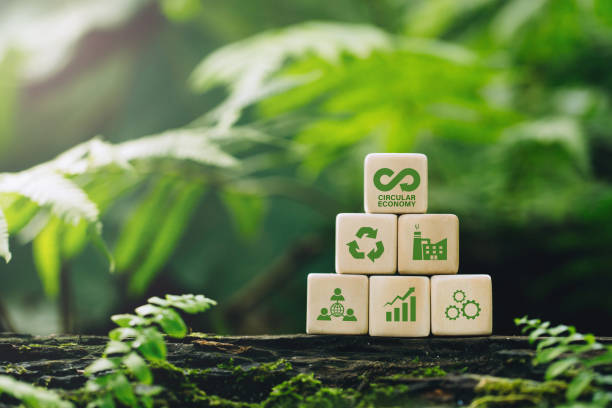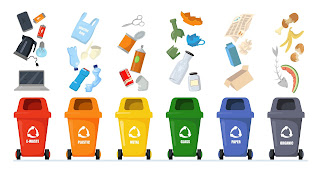How Waste and Recycling Trends are Shaping Our Future?
Every day, we make decisions about what to do with our waste. In recent years, there have been a number of changes in the way that people view waste and recycling. These changes have had a huge impact on the environment, and it’s important to be aware of these waste and recycling trends so that we can make informed decisions about how to reduce our environmental footprint. Let’s take a look at some of the latest trends in waste and recycling.
The Rise of Zero-Waste Initiatives
Zero-waste initiatives are becoming increasingly popular as more and more people become aware of their environmental impact. A zero-waste lifestyle involves reducing or eliminating the use of single-use plastics, eliminating food waste, and composting organic materials instead of throwing them away. These initiatives are gaining traction due to their potential for reducing the amount of trash sent to landfills and incinerators each year. Additionally, many companies are beginning to offer products specifically designed for zero-waste living, such as reusable grocery bags, sustainable cleaning products, and biodegradable packaging materials.
More Recycling Options are Available
Recycling has also seen an increase in popularity over the past few years. Many cities now offer curbside pickup for recyclables, making it easier than ever for people to recycle paper, plastic, glass, metal cans, and other items. Additionally, there has been an increase in local drop-off centers where residents can bring their recyclables for sorting by professionals who then send them off for proper disposal or reuse. This helps ensure that recyclable materials are disposed of responsibly instead of ending up in landfills or oceans.
The Growing Need For Composting Solutions
Composting is also becoming more popular as people begin to realize the environmental benefits associated with it. Composting helps reduce food waste by transforming organic material into nutrient-rich soil that can be used to fertilize gardens or farms. Many cities now offer compost pick-up services so that residents can easily dispose of their organic material without having to worry about it ending up in landfills or oceans. Additionally, some cities have started passing laws requiring restaurants and businesses to compost their organic waste instead of throwing it away which further reduces the amount of waste going into landfills each year.
Conclusion:
Waste management is quickly changing as new methods emerge that help us reduce our environmental impact while still disposing of our waste responsibly and ethically. By being aware of these trends we can make informed decisions about how best to manage our own trash while supporting larger initiatives such as Zero Waste legislation and compost pickup services offered by cities around the world. By embracing these new trends in recycling we can work together toward creating a cleaner future for generations to come!




Comments
Post a Comment